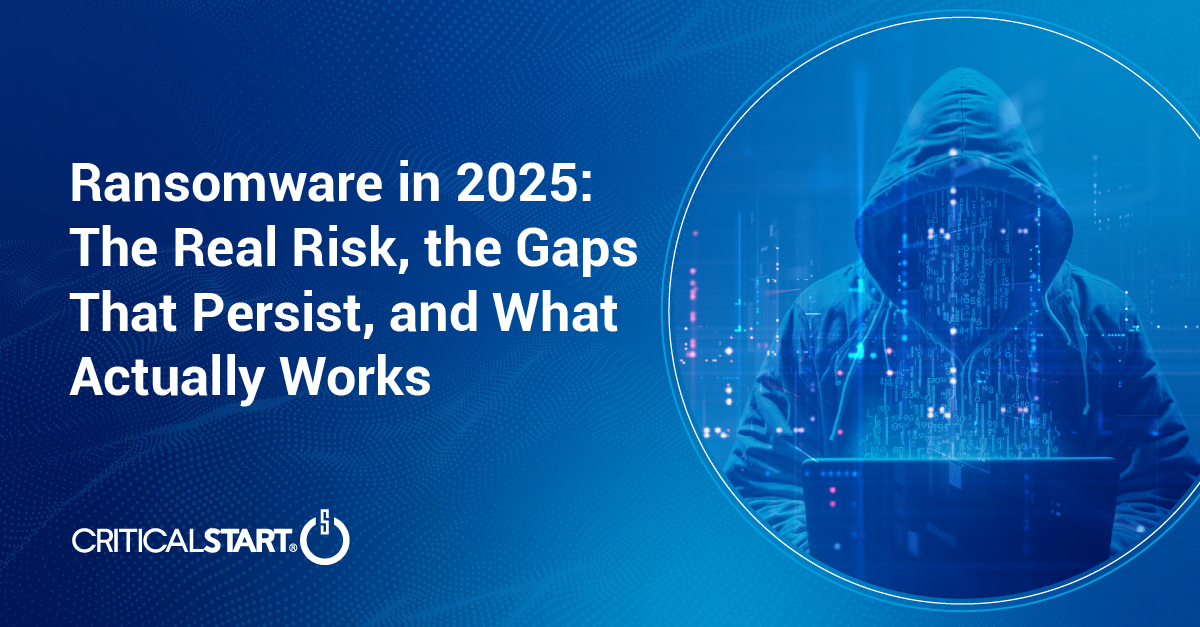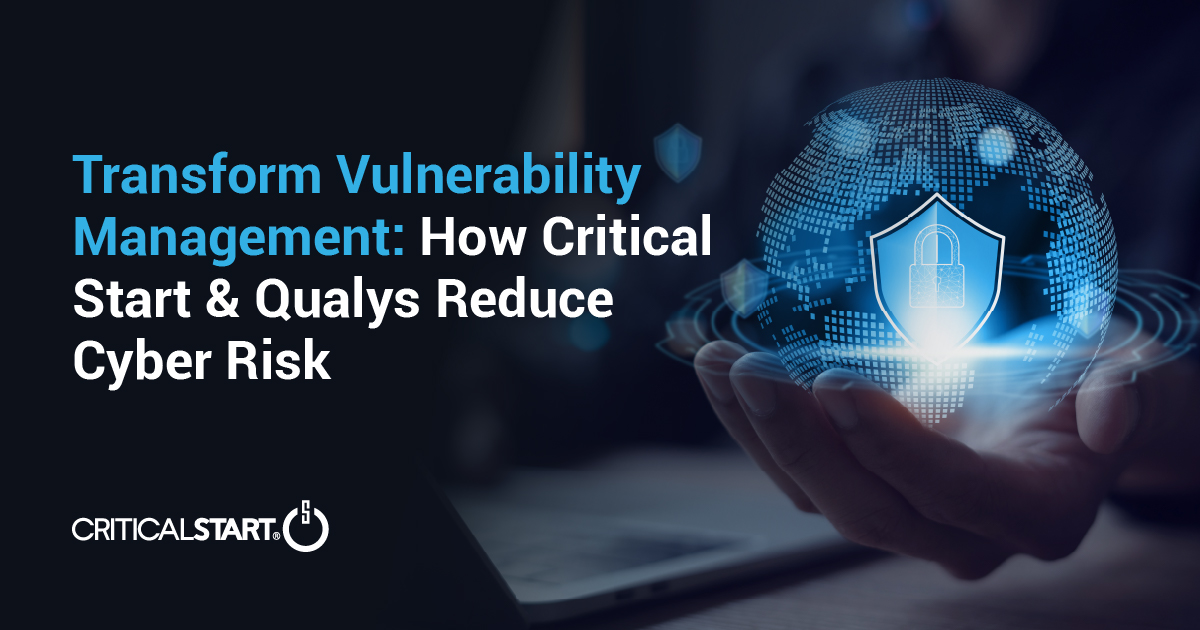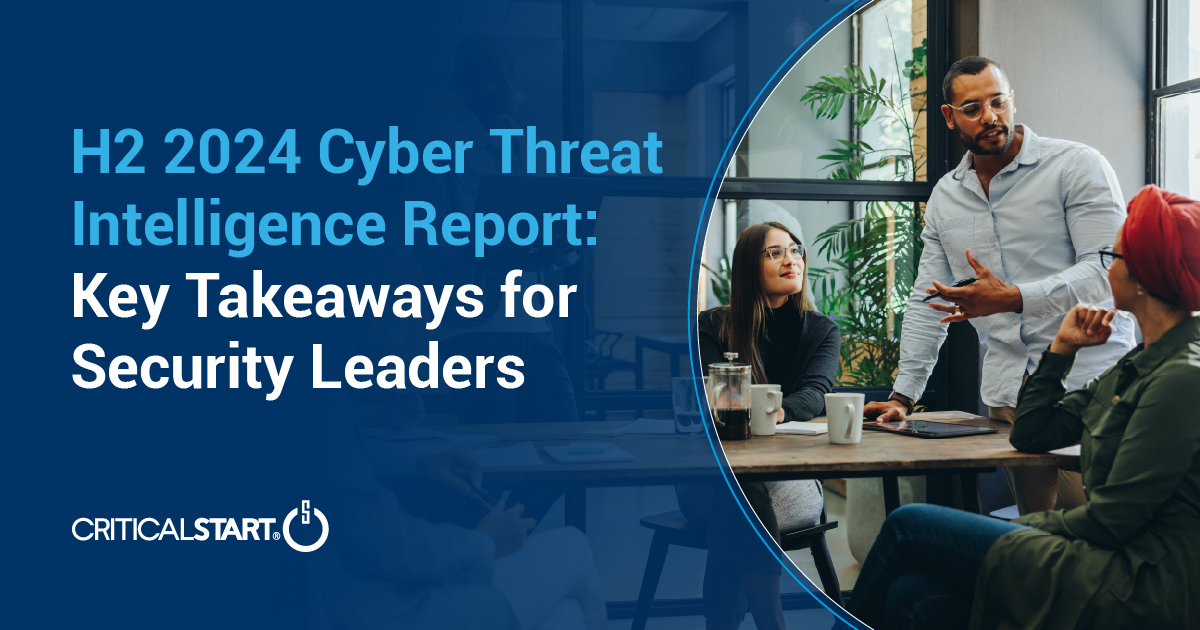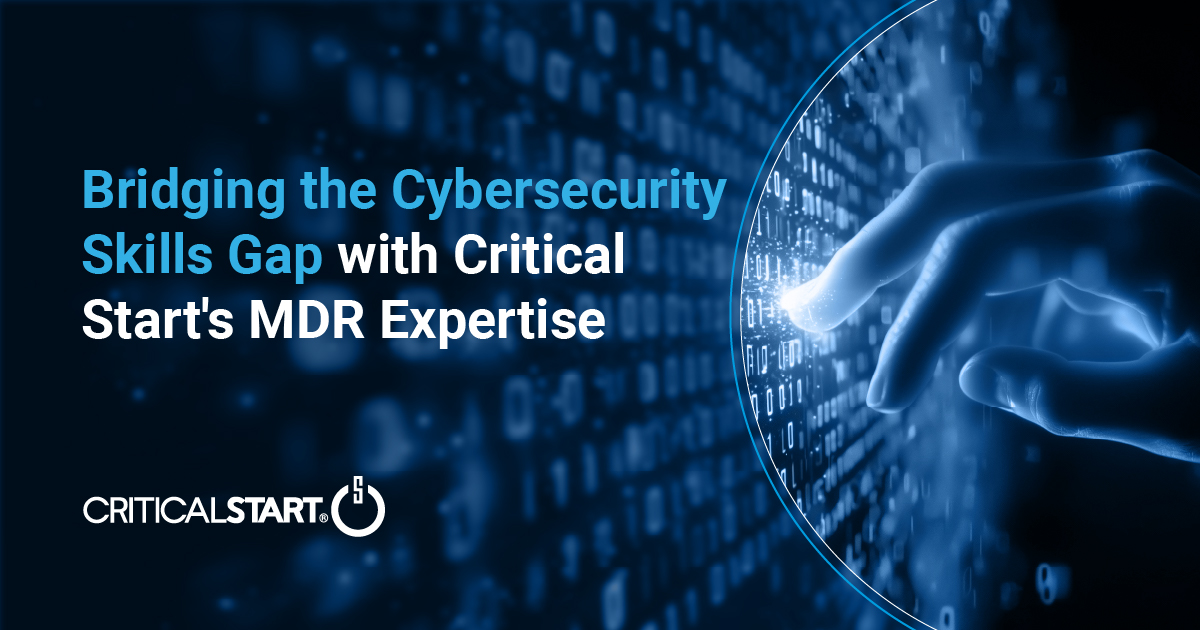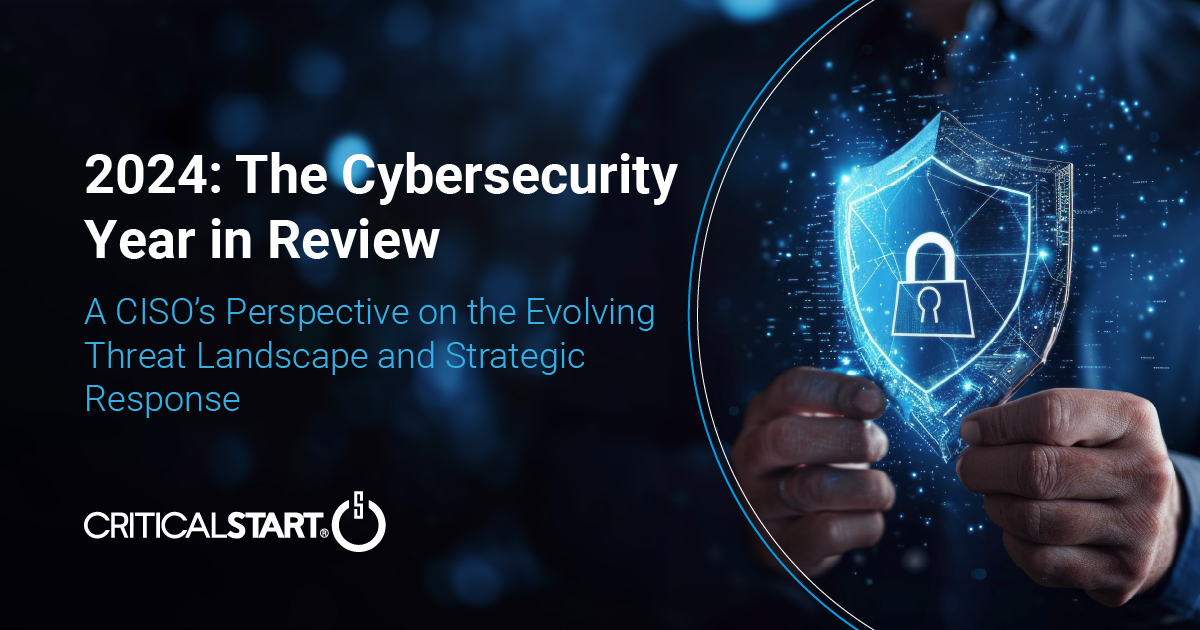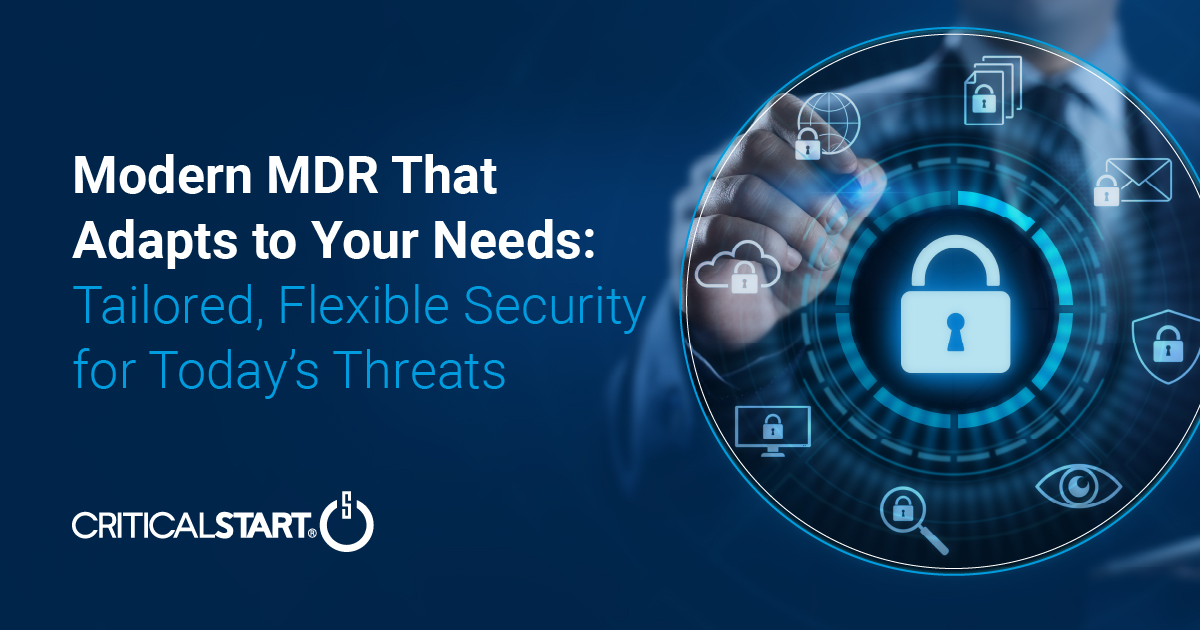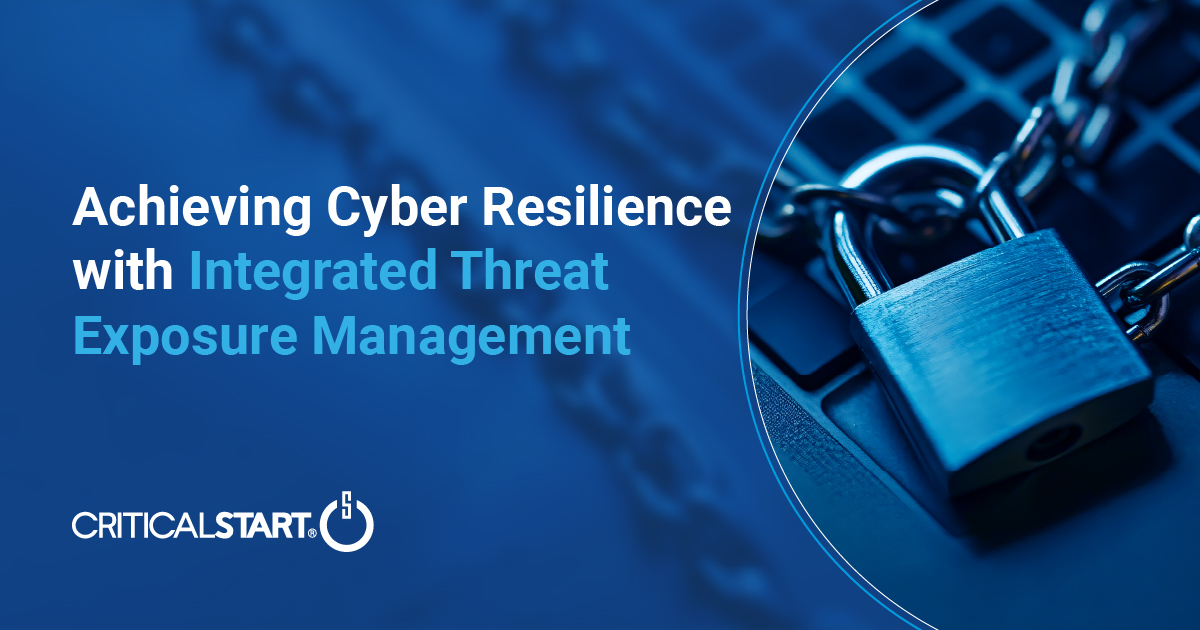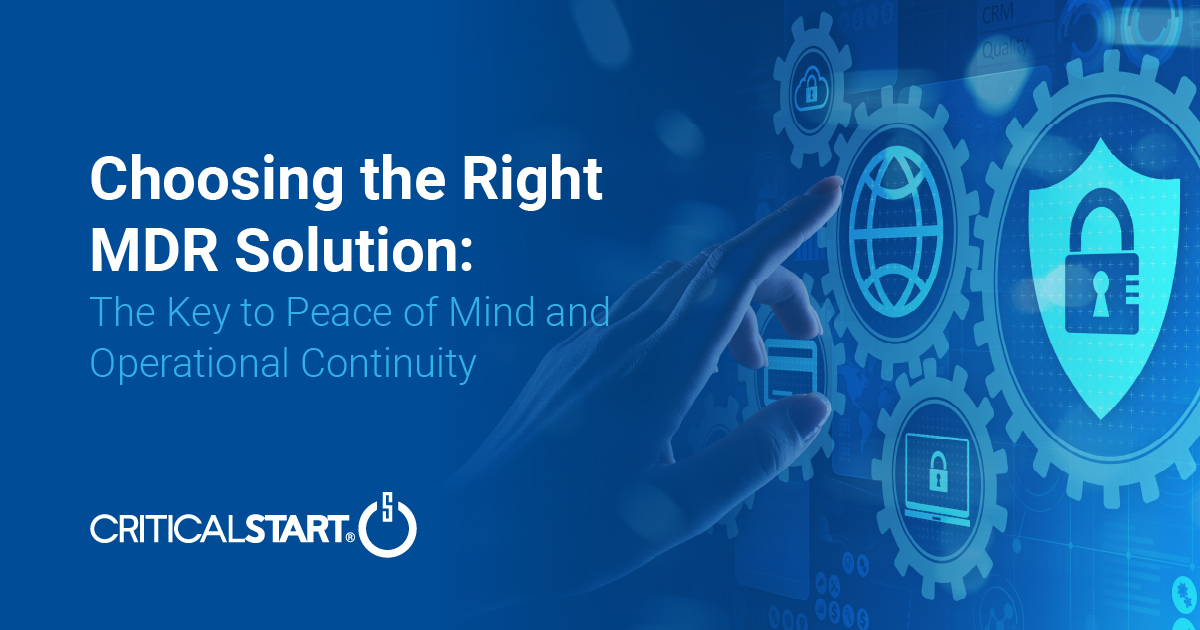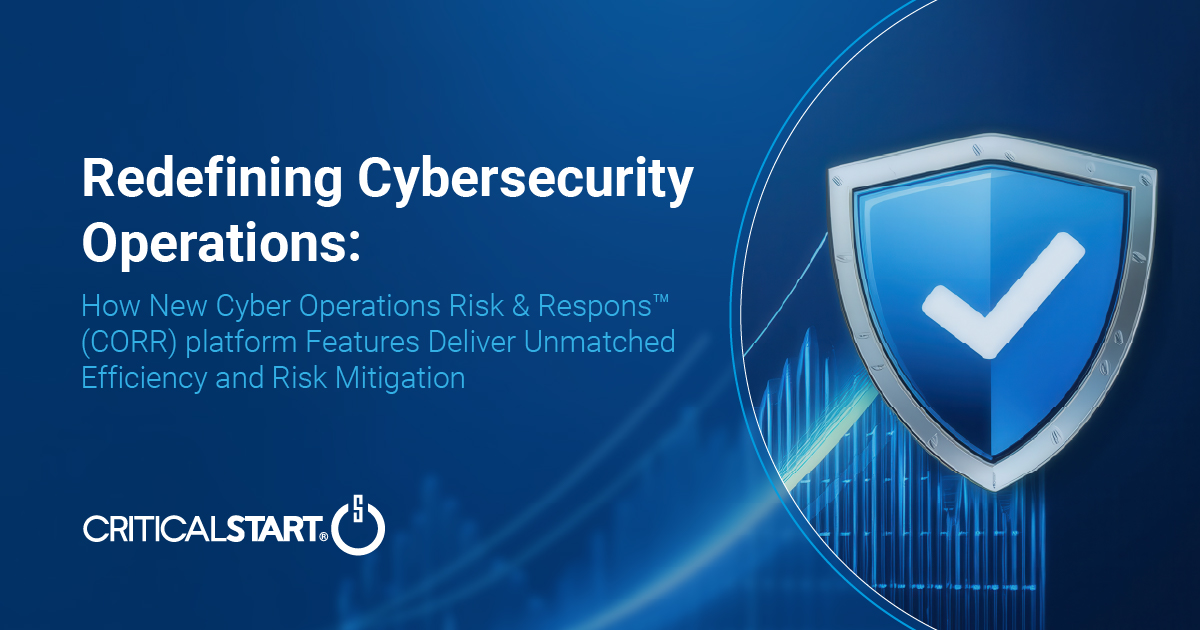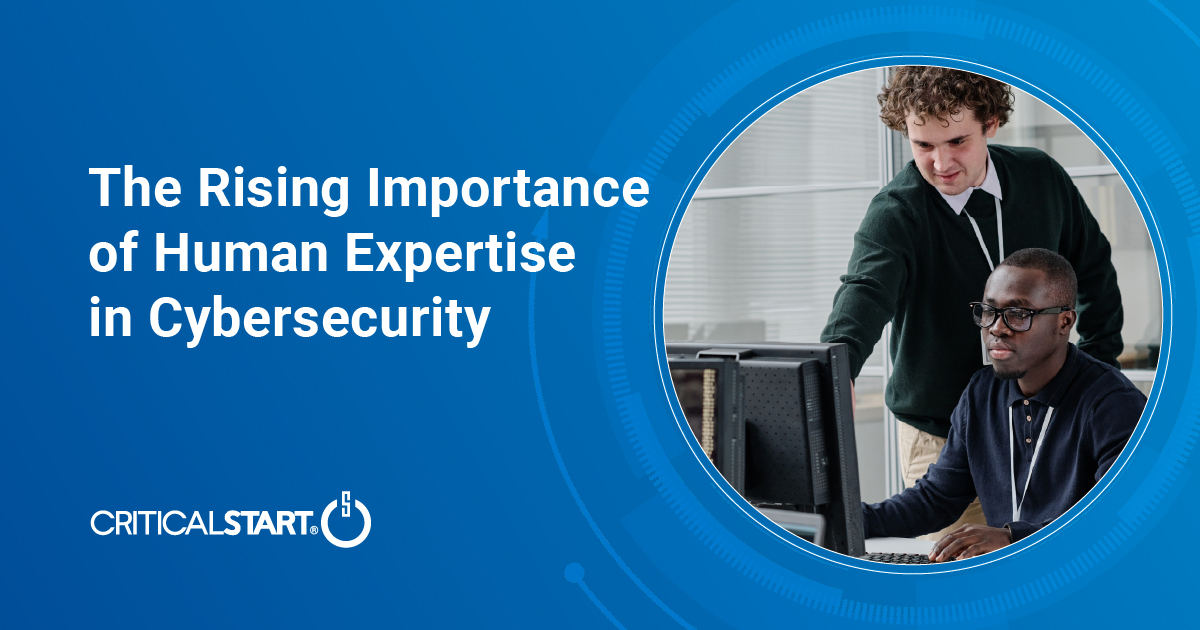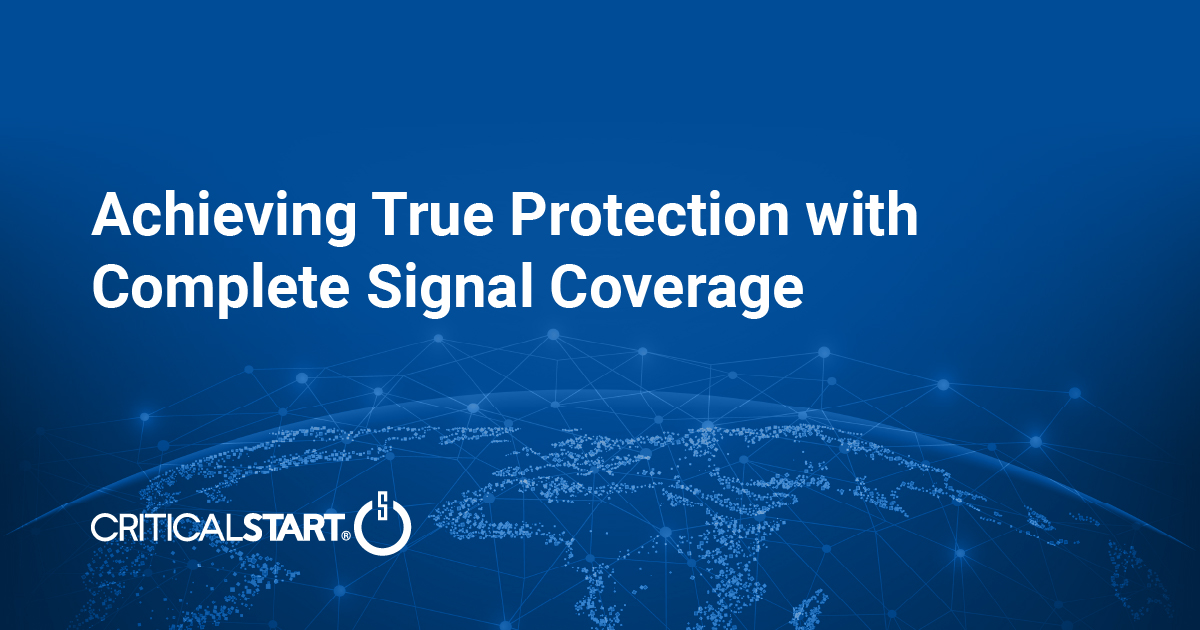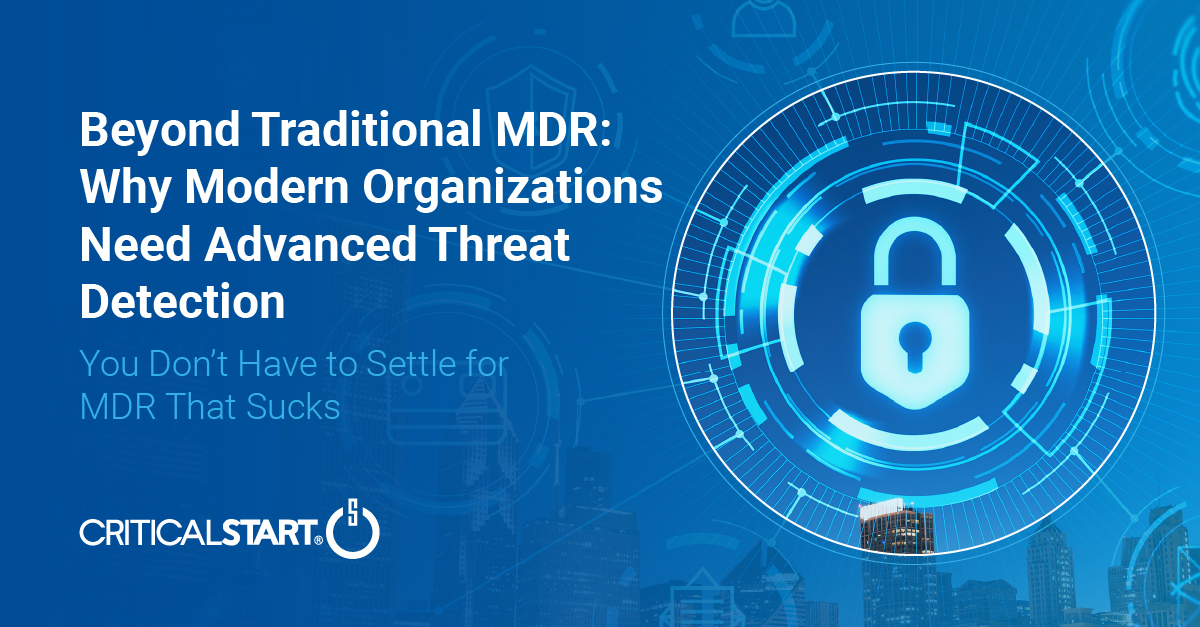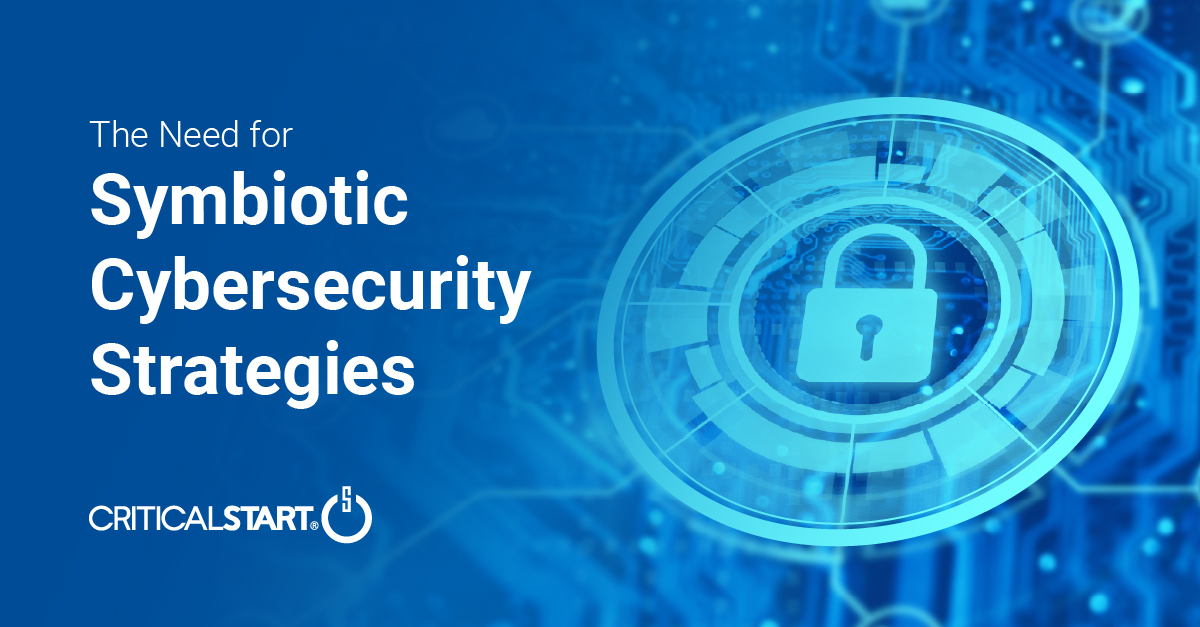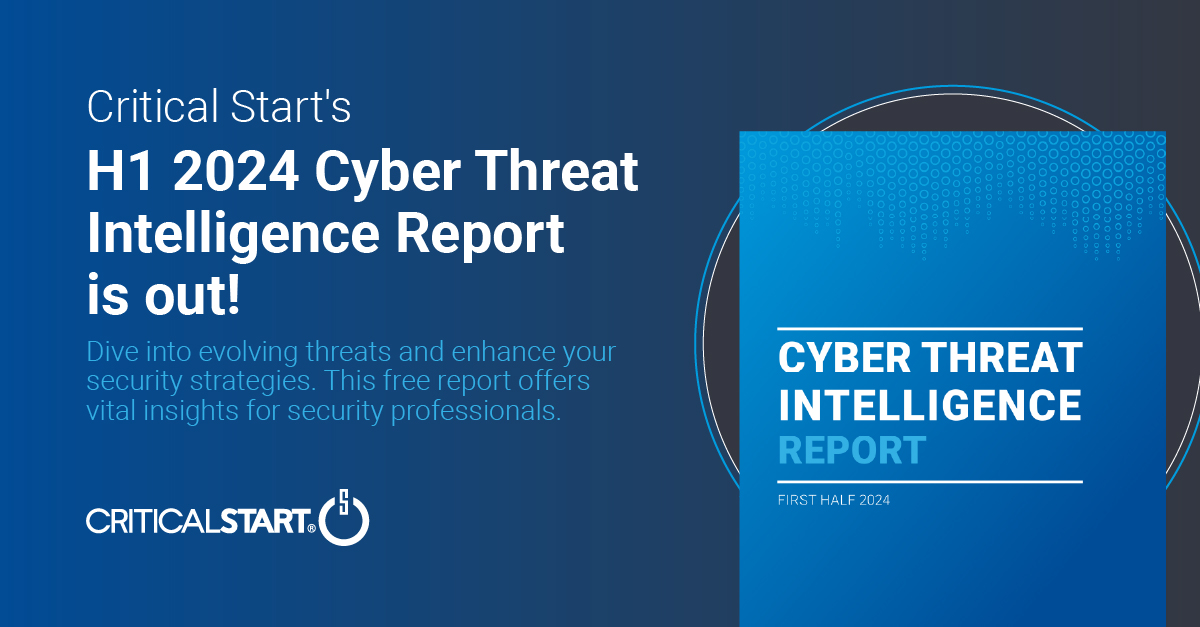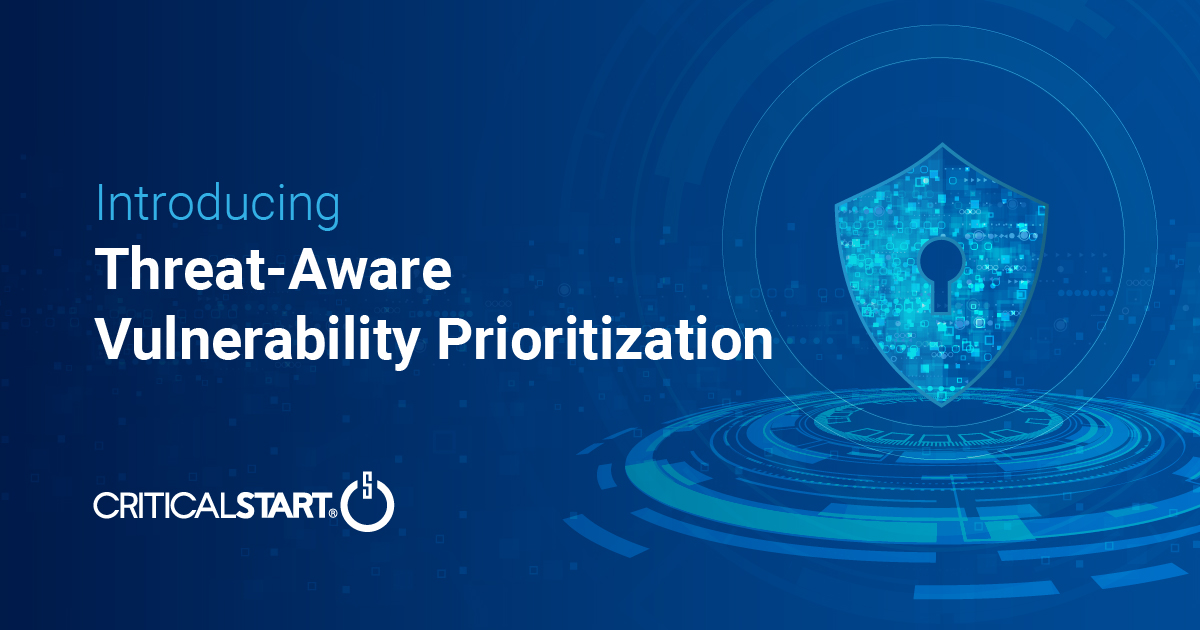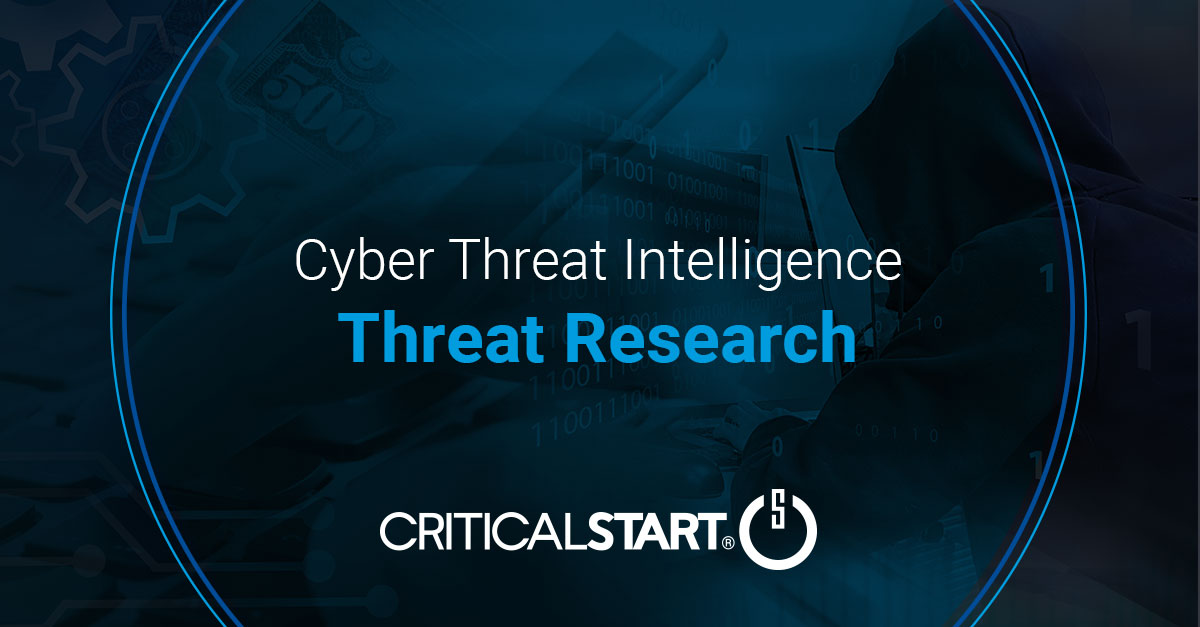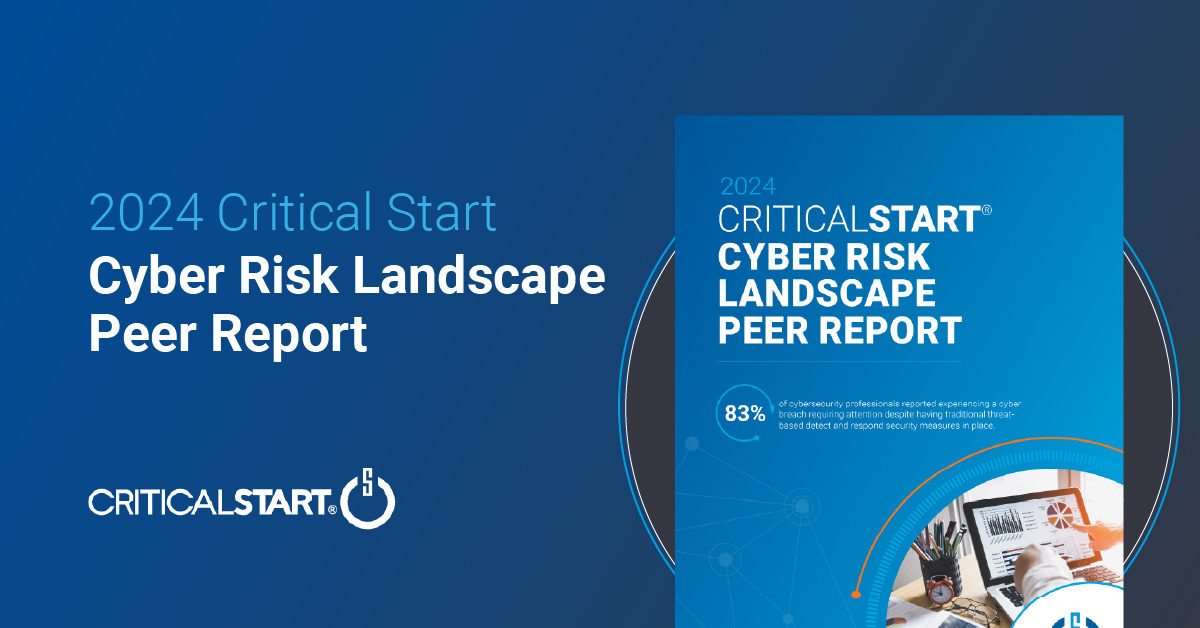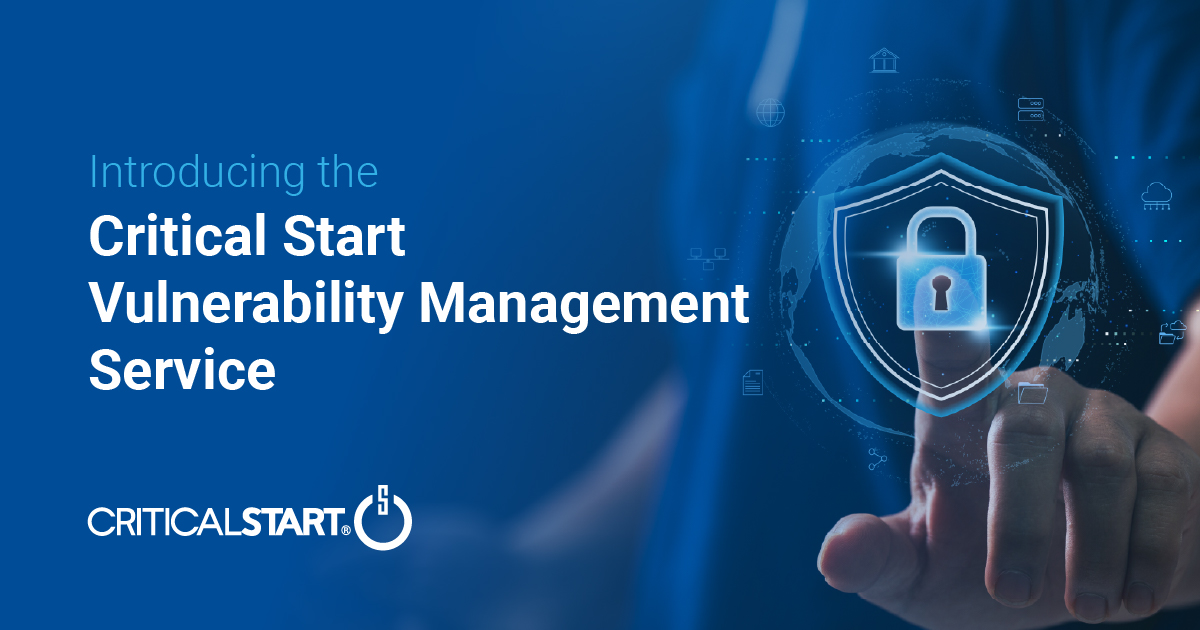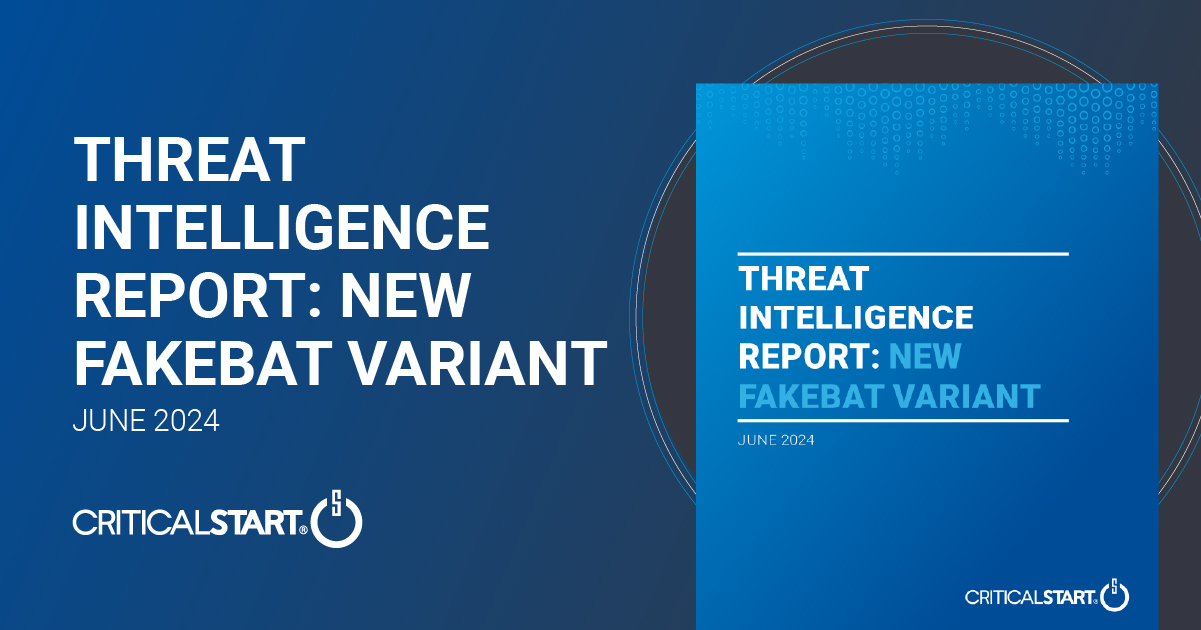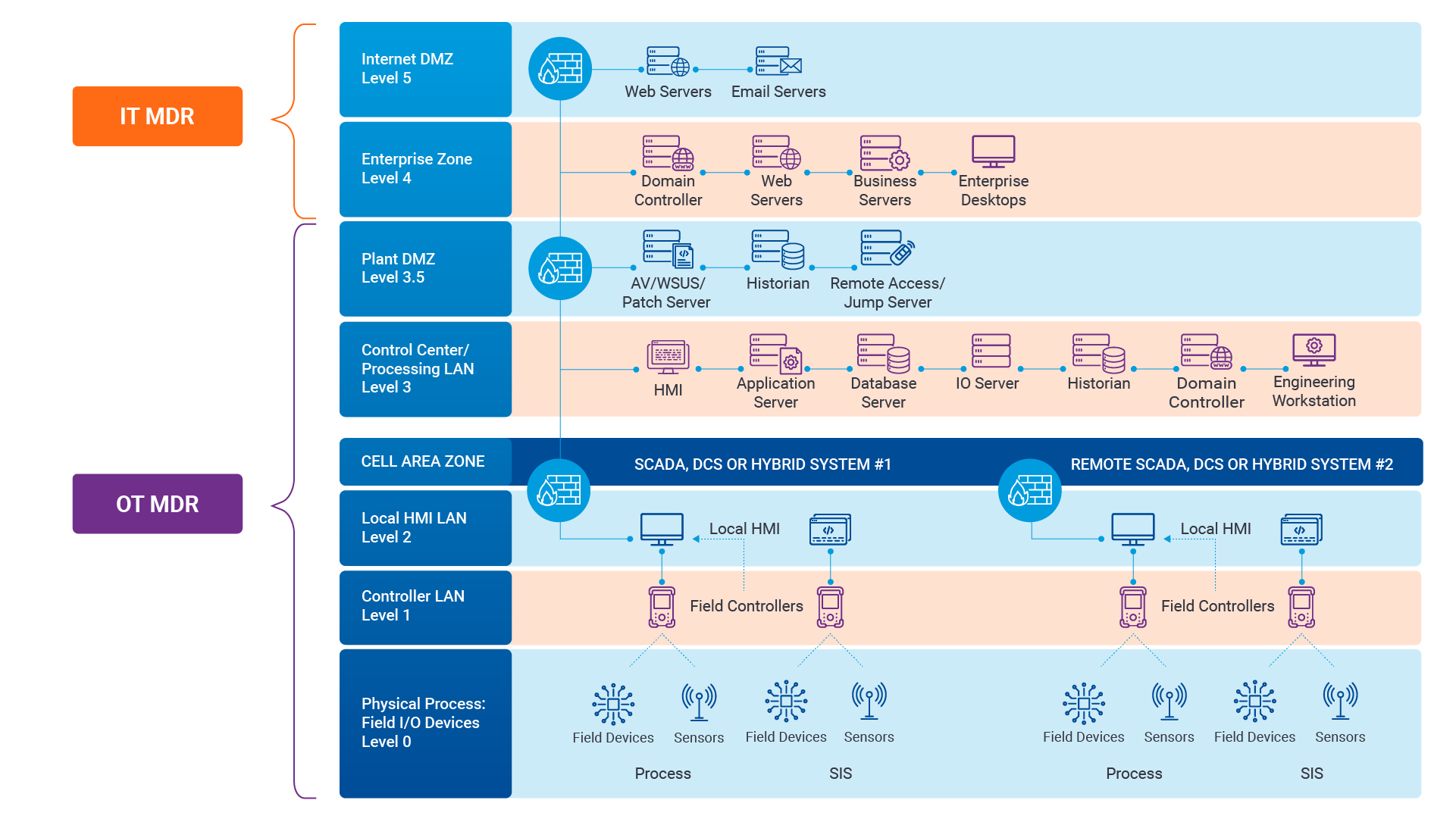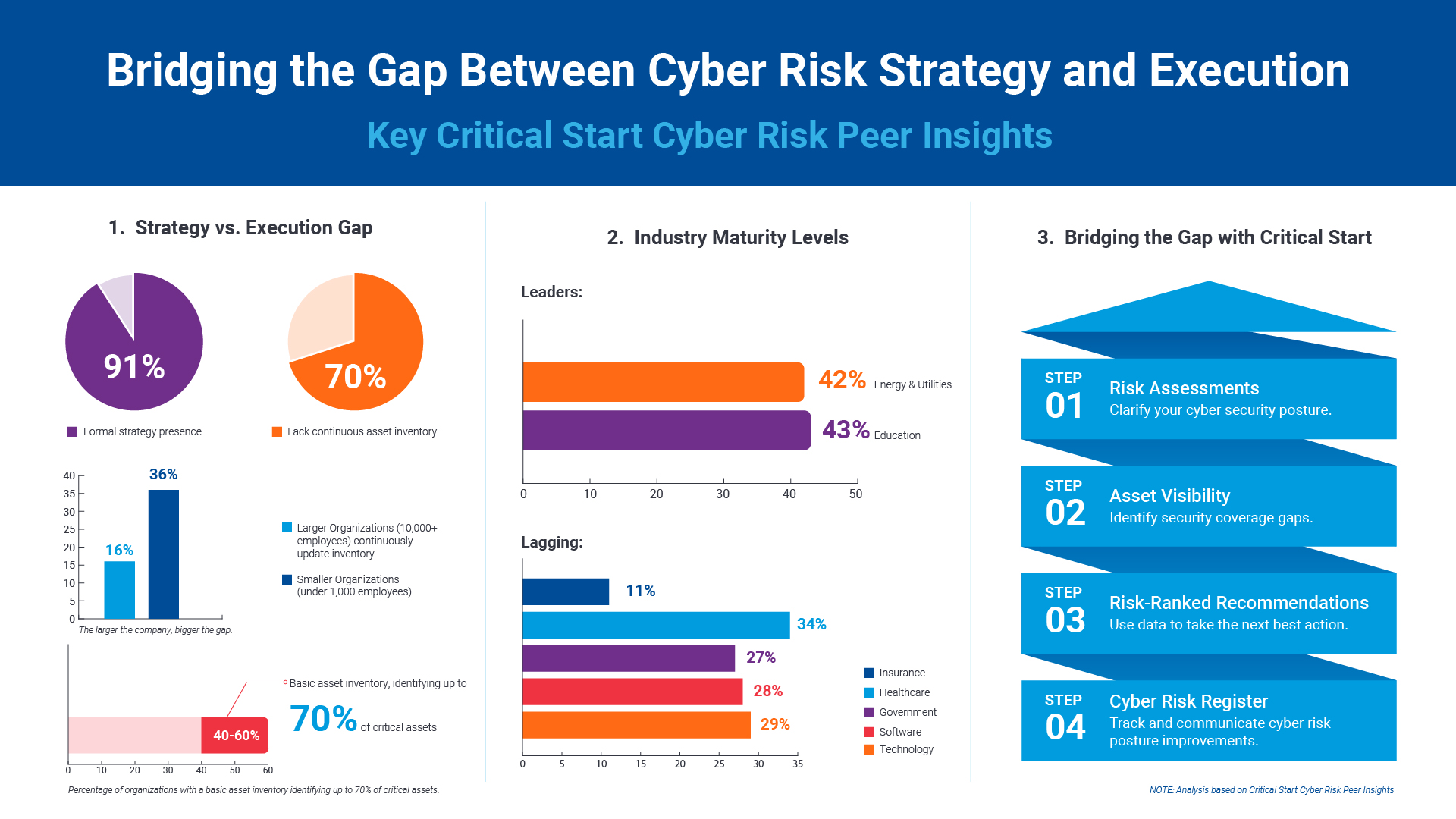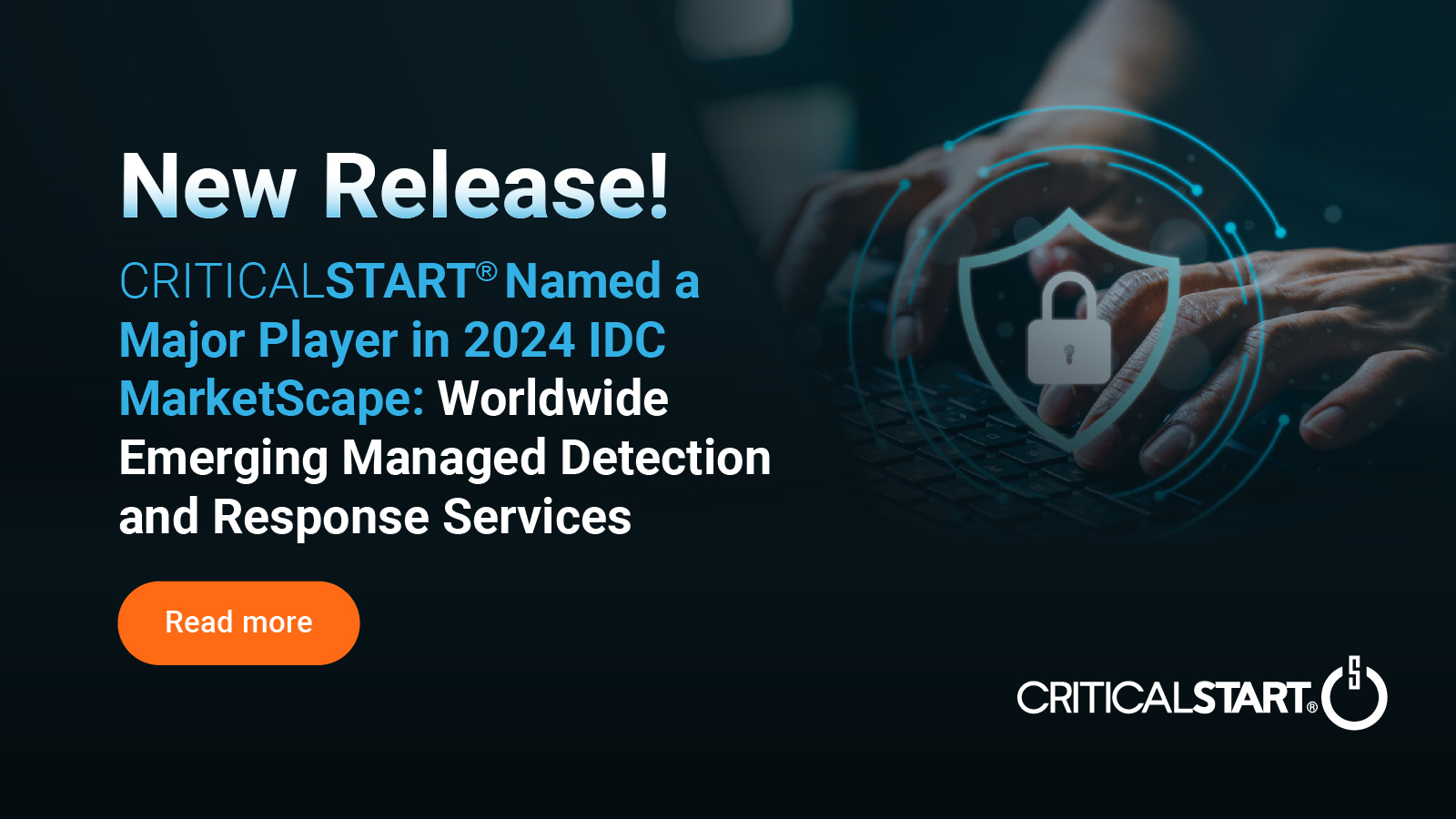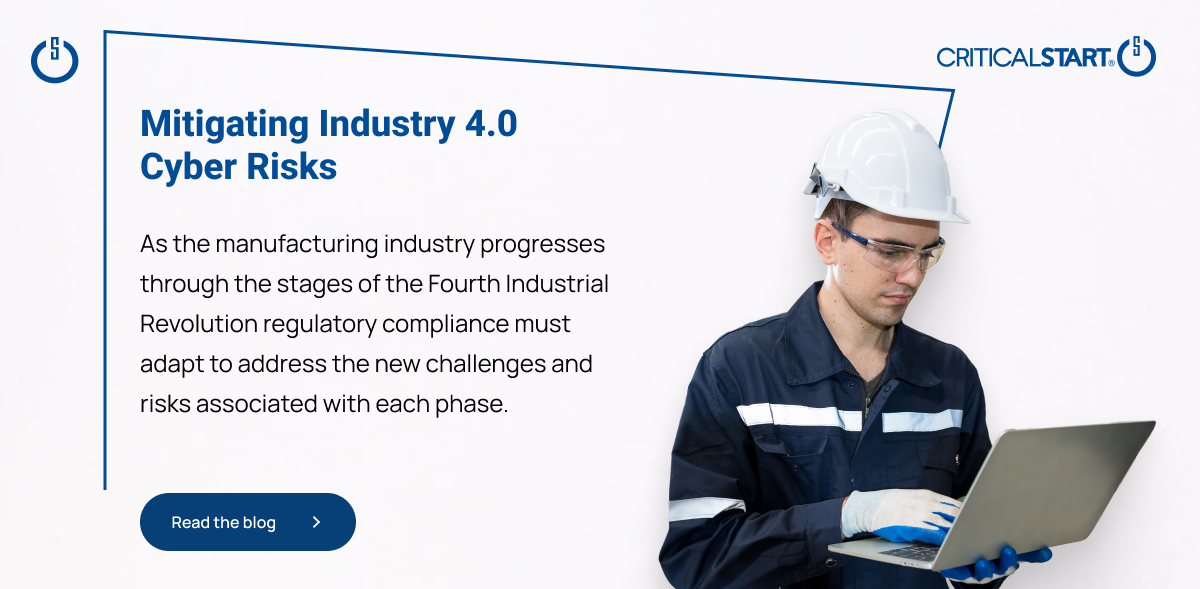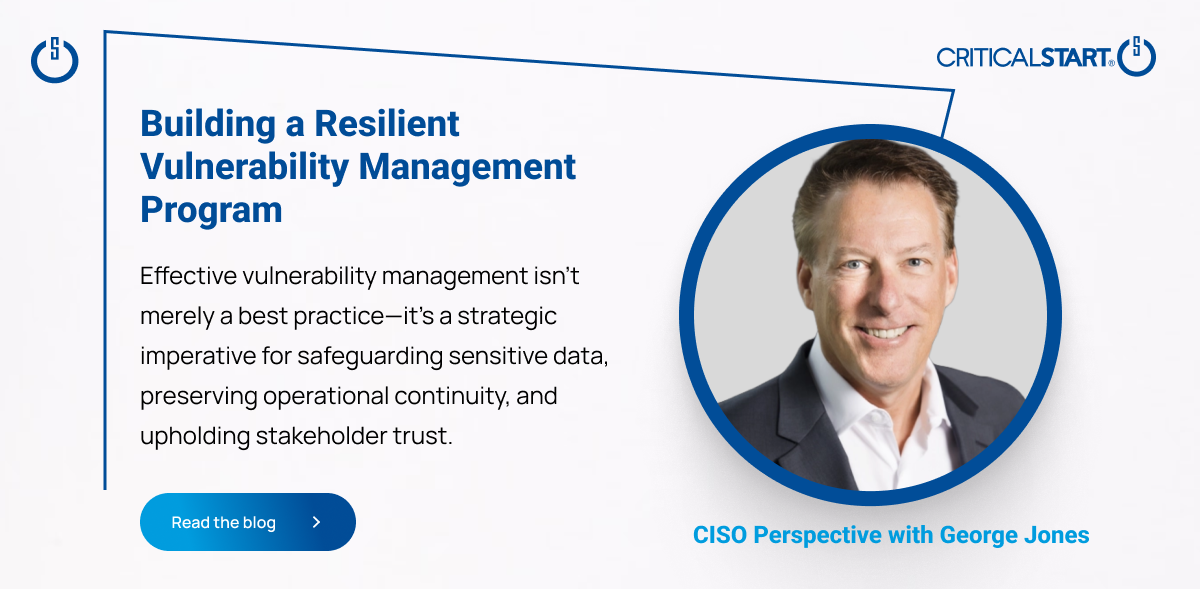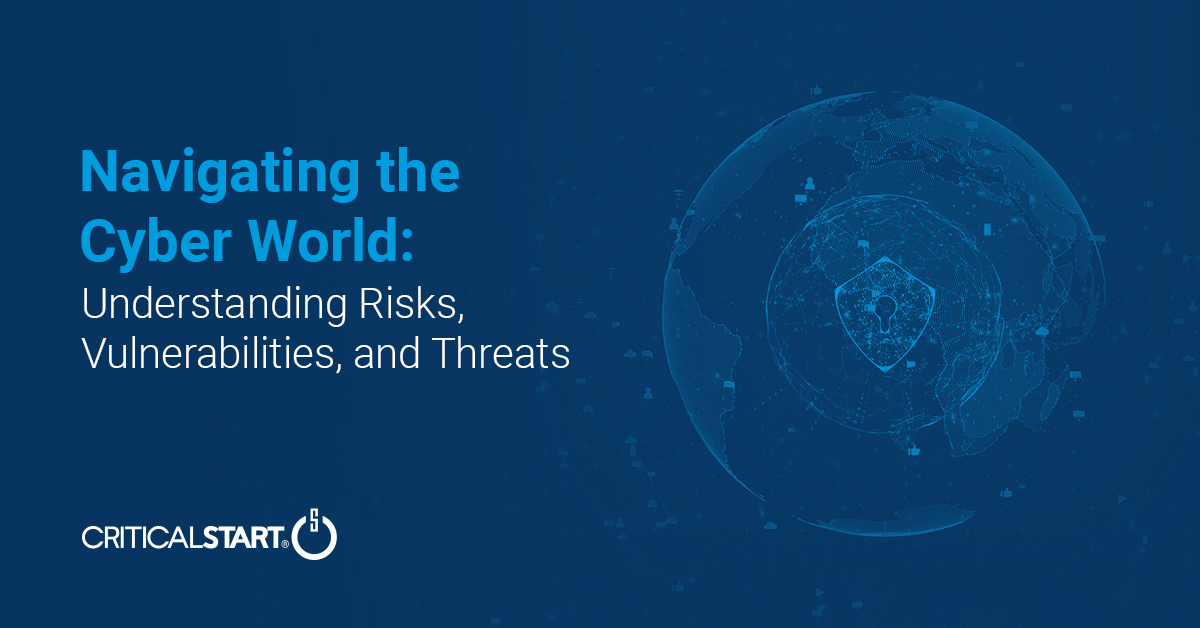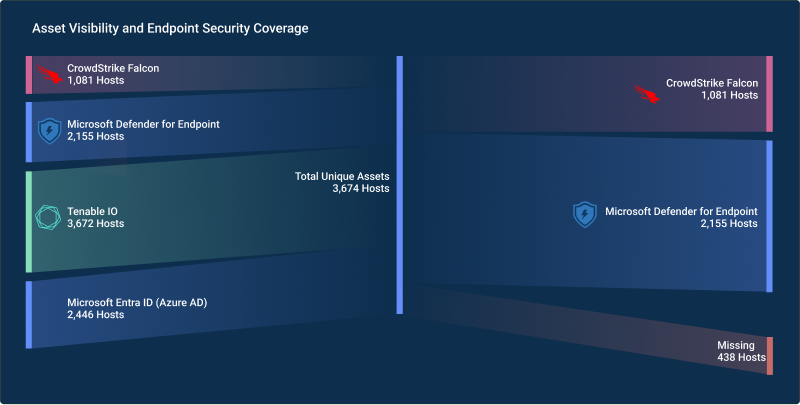By Brian Womack
Dallas Business Journal | November 15, 2020
Plano’s Tyler Technologies was hit by an attack that’s become increasingly common today.
The software company, which assists local and state governments, in September announced it was hit by a ransomware attack, and its corporate website was taken down. The Web page would come back up, but the impact to revenue would be about $4 million between late September and October, CEO Lynn Moore said during a call with analysts earlier this month.
The incident was another reminder of the growing issue around ransomware. A mid-year report by Bitdfender, a cybersecurity firm, said global ransomware reports increased by 715 percent. Also, through Sept. 1, ransomware was the most observed threat year to date with over one-third of all cases, according to the intake of cyber incident responses at Kroll, a risk-management company.
“Ransomware is a huge deal,” said David Deering, CEO at Leo Cyber Security, noting he wasn’t speaking about Tyler Technologies’ case in particular. “It is a significant risk to businesses.”
The incentives for such attacks aren’t abating – it’s something that more companies are focusing on, or should be, observers say.
Ransomware is a type of malicious software designed to deny access to a computer system or data until a ransom is paid, according to the Cybersecurity & Infrastructure Security Agency. It typically spreads through phishing emails or via an infected website.
“While ransomware started as a broadly deployed attack against consumers, attackers have begun to weaponize it in targeted attacks on companies and government entities,” said Randy Watkins, CTO at Plano’s CRITICALSTART, which provides assistance around cybersecurity. “Initially, encryption of the information was the goal, and ransom was paid for decryption, but new attacks also leverage data theft, or exfiltration, to increase the ransom amount over the threat of disclosure.”
At Tyler, an investigation indicated the incident was solely directed at the internal corporate environment and not the separate environment where it hosts client systems.
“Multiple resources have verified our ability to resume safe file sharing activities, connection to our internal networks, and normal operational interaction with clients,” the company said in an updated statement on its website recently. “All indications are that the impact of this incident was solely directed at our internal corporate network and phone systems – not Tyler client systems.”
Targets of ransomware can be broad. Kroll notes particularly hit areas include professional services, healthcare, and technology and telecommunications. And then there’s governments and schools, including Athens’ school district, according to a recent report.
Ransomware is becoming more of an issue, according to Toby Ryan, chief data scientist at Cysiv, a North Texas provider of security operations center (SOC)-as-a-service.
“It’s very easy to do,” Ryan said. “Ransomware is almost a commodity. The majority of ransomware ransoms are small, you know, $500,000.”
It can all lead to some nice pay-outs to cybercriminals, Deering said.
“It’s a very lucrative way for individuals to make money,” he said. “It causes a significant amount of concern inside of businesses — and one of the easy ways to do it is to pay them. There are pros and cons and arguments on both sides on whether or not you should pay …. but because it’s such acute pain, it is a way to monetize the softness of someone’s cybersecurity program.”
The attackers tend to be careful in who they attack, Deering said. They’re not just blindly sending out some emails, hoping something sticks. They focus on those who have access to real money – so small companies with a handful of employees may not be hit.
Companies need the right tools to protect themselves. A key issue: Getting buy-in from top folks in an organization.
“It’s a leadership problem,” Deering said. “Most people think it’s a technical problem. The programs that I’ve seen that are immature inefficient because of for poor business leadership.”
Prevention is important, and goes a long way, Ryan said, along with “understanding the behavior of malware, ransomware specifically, will help you find it.”
Ransomware isn’t a new issue – and it’s something more folks are likely to grapple with, observers said.
“With all things, it’s going to course-correct over time,” Ryan said.
“As long as the attackers are incentivized with the prize — as long as companies are paying it — then I think it’s going to keep going until something happens.”
![]()
Ransomware in 2025: The Real Risk, the Gaps That Persist, and What Actually Works
Ransomware attacks aren’t slowing down. They’re getting smarter, faster, and more expensive. In ...![]()
Security Operations Leaders: The Chaos Is Real
If you’re a CISO, SOC leader, or InfoSec pro, you’ve felt it. Alert volumes spike. Tools multipl...![]()
Transform Vulnerability Management: How Critical Start & Qualys Reduce Cyber Risk
In a recent webinar co-hosted by Qualys and Critical Start, experts from both organizations discusse...![]()
H2 2024 Cyber Threat Intelligence Report: Key Takeaways for Security Leaders
In a recent Critical Start webinar, cyber threat intelligence experts shared key findings from the H...![]()
Bridging the Cybersecurity Skills Gap with Critical Start’s MDR Expertise
During a recent webinar hosted by CyberEdge, Steven Rosenthal, Director of Product Management at Cri...![]()
2024: The Cybersecurity Year in Review
A CISO’s Perspective on the Evolving Threat Landscape and Strategic Response Introduction 2024 has...![]()
Modern MDR That Adapts to Your Needs: Tailored, Flexible Security for Today’s Threats
Every organization faces unique challenges in today’s dynamic threat landscape. Whether you’re m...![]()
Achieving Cyber Resilience with Integrated Threat Exposure Management
Welcome to the third and final installment of our three-part series Driving Cyber Resilience with Hu...Why Remote Containment and Active Response Are Non-Negotiables in MDR
You Don’t Have to Settle for MDR That Sucks Welcome to the second installment of our three-part bl...![]()
Choosing the Right MDR Solution: The Key to Peace of Mind and Operational Continuity
Imagine this: an attacker breaches your network, and while traditional defenses scramble to catch up...![]()
Redefining Cybersecurity Operations: How New Cyber Operations Risk & Response™ (CORR) platform Features Deliver Unmatched Efficiency and Risk Mitigation
The latest Cyber Operations Risk & Response™ (CORR) platform release introduces groundbreaking...![]()
The Rising Importance of Human Expertise in Cybersecurity
Welcome to Part 1 of our three-part series, Driving Cyber Resilience with Human-Driven MDR: Insights...![]()
Achieving True Protection with Complete Signal Coverage
Cybersecurity professionals know all too well that visibility into potential threats is no longer a ...![]()
Beyond Traditional MDR: Why Modern Organizations Need Advanced Threat Detection
You Don’t Have to Settle for MDR That Sucks Frustrated with the conventional security measures pro...The Power of Human-Driven Cybersecurity: Why Automation Alone Isn’t Enough
Cyber threats are increasingly sophisticated, and bad actors are attacking organizations with greate...Importance of SOC Signal Assurance in MDR Solutions
In the dynamic and increasingly complex field of cybersecurity, ensuring the efficiency and effectiv...The Hidden Risks: Unmonitored Assets and Their Impact on MDR Effectiveness
In the realm of cybersecurity, the effectiveness of Managed Detection and Response (MDR) services hi...![]()
The Need for Symbiotic Cybersecurity Strategies | Part 2: Integrating Proactive Security Intelligence into MDR
In Part 1 of this series, The Need for Symbiotic Cybersecurity Strategies, we explored the critical ...Finding the Right Candidate for Digital Forensics and Incident Response: What to Ask and Why During an Interview
So, you’re looking to add a digital forensics and incident response (DFIR) expert to your team. Gr...![]()
The Need for Symbiotic Cybersecurity Strategies | Part I
Since the 1980s, Detect and Respond cybersecurity solutions have evolved in response to emerging cyb...![]()
Critical Start H1 2024 Cyber Threat Intelligence Report
Critical Start is thrilled to announce the release of the Critical Start H1 2024 Cyber Threat Intell...![]()
Now Available! Critical Start Vulnerability Prioritization – Your Answer to Preemptive Cyber Defense.
Organizations understand that effective vulnerability management is critical to reducing their cyber...![]()
Recruiter phishing leads to more_eggs infection
With additional investigative and analytical contributions by Kevin Olson, Principal Security Analys...![]()
2024 Critical Start Cyber Risk Landscape Peer Report Now Available
We are excited to announce the release of the 2024 Critical Start Cyber Risk Landscape Peer Report, ...Critical Start Managed XDR Webinar — Increase Threat Protection, Reduce Risk, and Optimize Operational Costs
Did you miss our recent webinar, Stop Drowning in Logs: How Tailored Log Management and Premier Thre...Pulling the Unified Audit Log
During a Business Email Compromise (BEC) investigation, one of the most valuable logs is the Unified...![]()
Set Your Organization Up for Risk Reduction with the Critical Start Vulnerability Management Service
With cyber threats and vulnerabilities constantly evolving, it’s essential that organizations take...![]()
Announcing the Latest Cyber Threat Intelligence Report: Unveiling the New FakeBat Variant
Critical Start announces the release of its latest Cyber Threat Intelligence Report, focusing on a f...Cyber Risk Registers, Risk Dashboards, and Risk Lifecycle Management for Improved Risk Reduction
Just one of the daunting tasks Chief Information Security Officers (CISOs) face is identifying, trac...![]()
Beyond SIEM: Elevate Your Threat Protection with a Seamless User Experience
Unraveling Cybersecurity Challenges In our recent webinar, Beyond SIEM: Elevating Threat Prote...![]()
Navigating the Convergence of IT and OT Security to Monitor and Prevent Cyberattacks in Industrial Environments
The blog Mitigating Industry 4.0 Cyber Risks discussed how the continual digitization of the manufac...![]()
Critical Start Cyber Risk Peer Insights – Strategy vs. Execution
Effective cyber risk management is more crucial than ever for organizations across all industries. C...![]() Press Release
Press ReleaseCritical Start Named a Major Player in IDC MarketScape for Emerging Managed Detection and Response Services 2024
Critical Start is proud to be recognized as a Major Player in the IDC MarketScape: Worldwide Emergin...Introducing Free Quick Start Cyber Risk Assessments with Peer Benchmark Data
We asked industry leaders to name some of their biggest struggles around cyber risk, and they answer...Efficient Incident Response: Extracting and Analyzing Veeam .vbk Files for Forensic Analysis
Introduction Incident response requires a forensic analysis of available evidence from hosts and oth...![]()
Mitigating Industry 4.0 Cyber Risks
As the manufacturing industry progresses through the stages of the Fourth Industrial Revolution, fro...![]()
CISO Perspective with George Jones: Building a Resilient Vulnerability Management Program
In the evolving landscape of cybersecurity, the significance of vulnerability management cannot be o...![]()
Navigating the Cyber World: Understanding Risks, Vulnerabilities, and Threats
Cyber risks, cyber threats, and cyber vulnerabilities are closely related concepts, but each plays a...The Next Evolution in Cybersecurity — Combining Proactive and Reactive Controls for Superior Risk Management
Evolve Your Cybersecurity Program to a balanced approach that prioritizes both Reactive and Proactiv...![]()
CISO Perspective with George Jones: The Top 10 Metrics for Evaluating Asset Visibility Programs
Organizations face a multitude of threats ranging from sophisticated cyberattacks to regulatory comp...![]() Datasheet
DatasheetCRITICALSTART® Advisory SOC Analyst (ASA)
Discover how Critical Start’s Advisory SOC Analyst (ASA) service adds personalized expertise to yo...![]() Datasheet
DatasheetMDR Use Cases
Discover how Critical Start MDR delivers rapid, SLA-backed threat detection and response across your...- Webinar
Are Critical Threats Slipping Through Your Defenses?
Modern security teams are buried in noisy alerts and stretched thin. Even with powerful tools like M...
Newsletter Signup
Stay up-to-date on the latest resources and news from CRITICALSTART.
Thanks for signing up!
